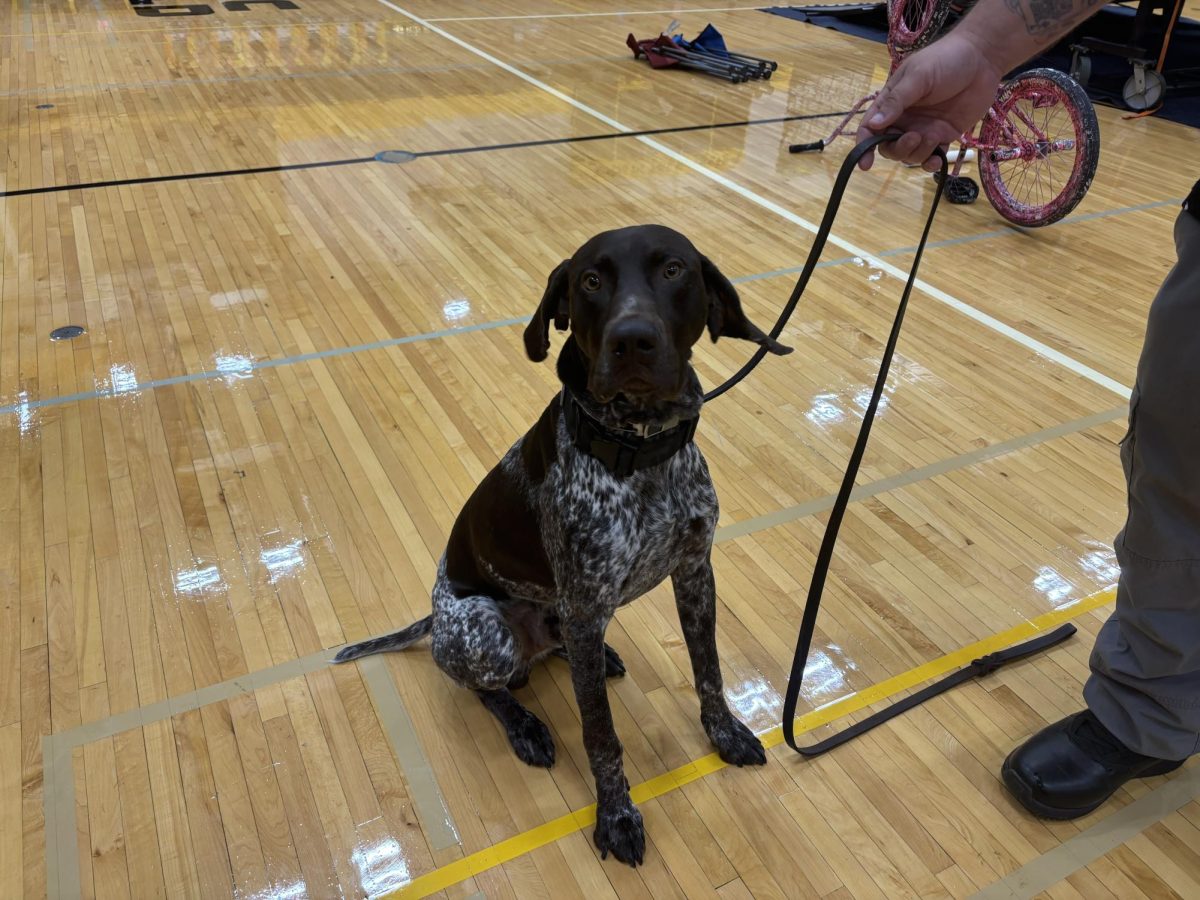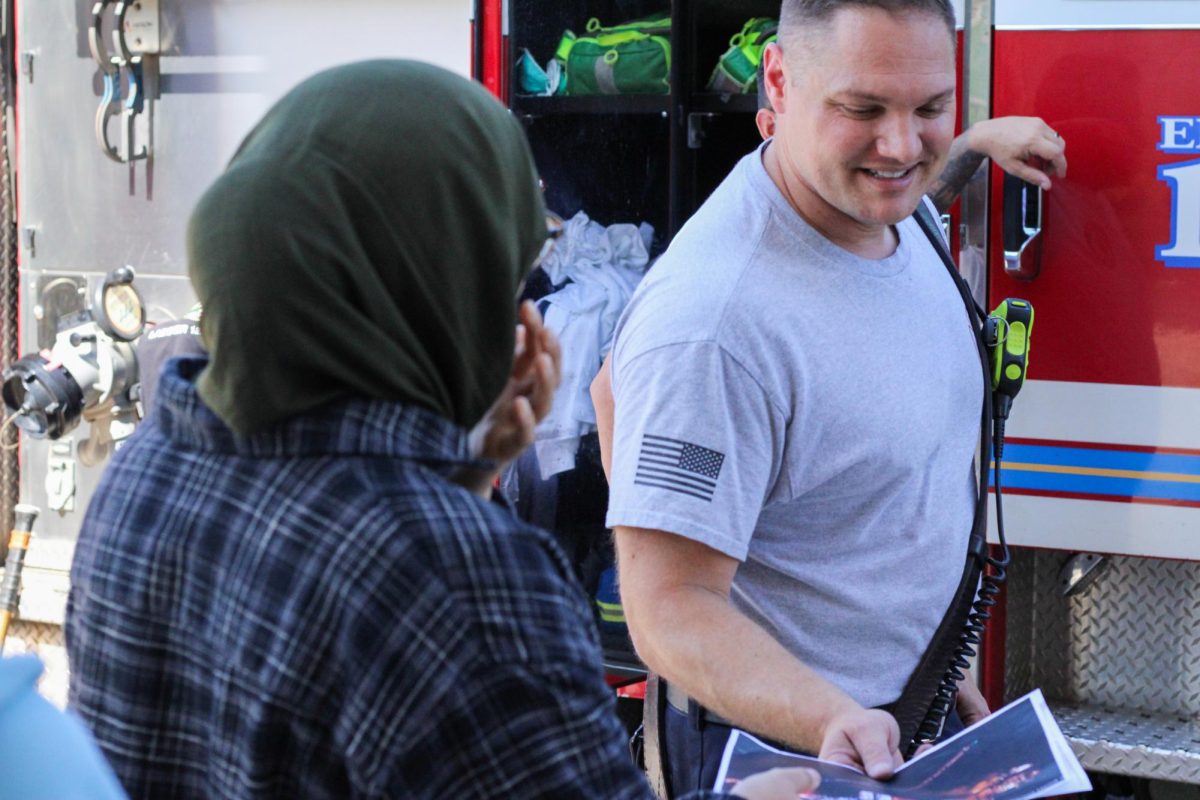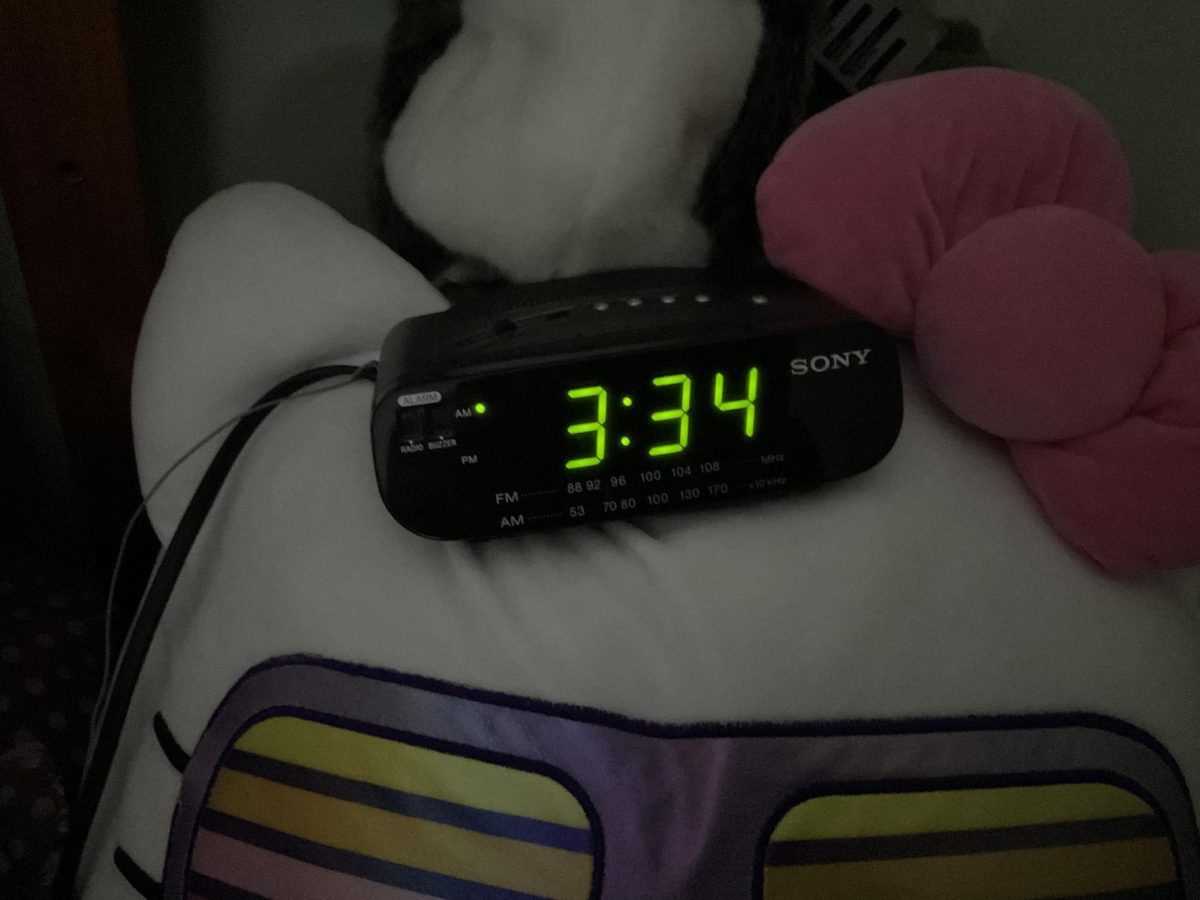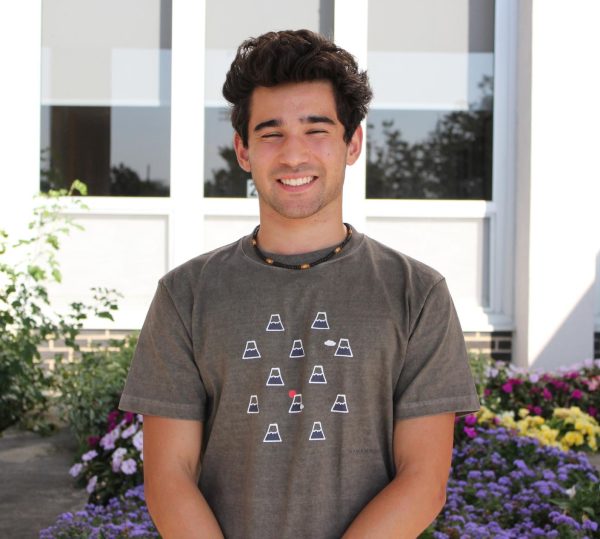This year, Hinsdale South and Central students resumed school after a much needed (but always too short) summer break and were met with a surprise: a dog. A school pet? Not exactly. The dog at Hinsdale South, named Nitro, is a German Shorthaired Pointer and a K9, which is a type of dog trained to assist law enforcement. According to the Hinsdale South Weekly Newsletter, Nitro is specifically trained to sniff out explosives and firearms, while the K9 at Hinsdale Central, Sammie, responds to drugs, with both dogs subtly notifying their handlers if they smell something fishy.
But why use dogs? These cute, playful animals have a sense of smell estimated to be 100,000 times more powerful than humans. Through their nose, they can detect cancer, diabetes, and various types of diseases, according to www.understandinganimalresearch.org.uk. They can smell through walls and even reliably identify twins, which is something that sometimes stumps human eyesight.
However, despite having this unbelievable sense of smell, they aren’t born with the ability to reliably pick up and respond to certain scents such as those given off by diseases, twins, and in Nitro’s case, chemical substances; in order to achieve this, they need to be specially trained. Training a dog to respond to a scent typically takes around six months to one year for dogs to complete, but the training duration varies significantly depending on the specific type of substances, the number of different substances, and even the nature of the dog, among other things.
According to Nitro’s handler, it took six months for him to complete his initial training in the Netherlands before he was sent here three months ago (that also means Nitro understands commands in Dutch and German!). Despite completing the initial training, though, the dog still needs to participate in consistent, but less intense, training sessions in order to stay on top of the game. This is the point at which the dogs are given to handlers who accept the dogs into their homes and continue to train them. According to Nitro’s handler, it takes about a month to train Nitro for a new scent. These sessions allow for handlers to form a special bond with the dogs and further sharpen the dogs’ skills, both of which are essential for the duo. In fact, these bonds are so cherished that most handlers usually end up adopting their dogs after retirement. It would be tough on the dog otherwise. Dogs can smell their owners from over 10 miles away!
But how do Hinsdale South students feel about this new addition to their school? It might be assumed that having a weapon-detecting K9 would make students feel safer and would be a positive thing, but some students feel otherwise, with one student claiming that the addition of Nitro is “distrustful of the administration.” Others may simply feel uncomfortable with having a weapons-detecting K9 in their presence.
On the other hand, multiple other students feel that the dog promotes safety and is a positive addition to South. Alex Bryant, a sophomore, said “it’s nice that we’re not delayed by the metal detectors anymore.” This was an issue last year with the metal detectors, with some students arriving up to ten minutes late to their first period classes on the days the detectors were used. Other students, such as David Gaibu, are more neutral but still are in favor of having a K9 at school: “To me, it doesn’t really matter. If it promotes safety, why not have it?”
Overall, the addition of Nitro to our school seems like a good idea. Some students disagree with it and feel uncomfortable with the dog, while others feel that it promotes safety and a positive learning environment, which all plays into student success here at Hinsdale South.








